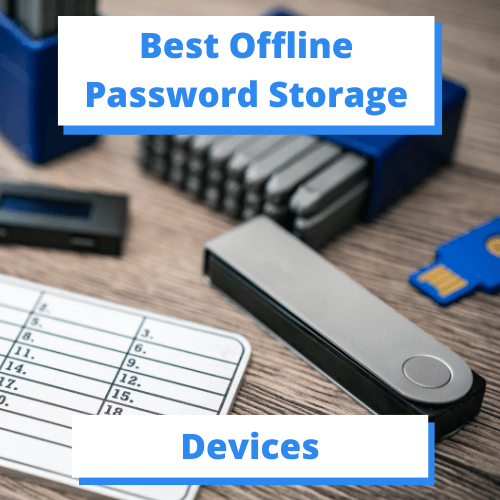 Hardware password managers are tiny portable devices that are among the safest ways to store passwords offline. While they were primarily created for businesses, individual users also benefit from getting one of these storage tools to keep and protect sensitive information locally.
Hardware password managers are tiny portable devices that are among the safest ways to store passwords offline. While they were primarily created for businesses, individual users also benefit from getting one of these storage tools to keep and protect sensitive information locally.
For one, the device locks itself after several failed attempts to enter the PIN, which makes it difficult for unauthorized people to access your accounts. In addition, a hardware password manager is cheaper than password manager software, especially since you only pay for the product once. What’s more, it usually comes with extra hacker-proof tools, such as 2-factor authentication (2FA), that further safeguard your data.
Like password organizer books, offline password storage devices are a good solution for people who don’t want to have their passwords in a place that can be hacked, such as a computer, the cloud, or a password manager company’s server.
Recommended Hardware Password Managers in 2024
RecZone Password Safe
Unlike other devices that reset when out of battery, RecZone Password Safe comes with internal memory for storing user information, even on flat batteries. The cherry on top is that it’s affordable and comes with free shipping.
OnlyKey Duo
While tiny, the key is incredibly durable, waterproof, and can be connected to any PC, Mac, or cellphone. It’s also protected by a PIN and its self-destruct tool erases all data after ten failed login attempts. Although the device is not exactly cheap, free shipping and the promise of a full refund within 30 days of purchasing OnlyKey Duo let you try it out risk-free.
Hideez Key 4
Hideez Key 4 supports various cybersecurity measures like passwordless login across a wide variety of devices and browsers. In fact, it’s compatible with PCs and Macs that don’t natively support Bluetooth connections because it comes with a separate USB Bluetooth adapter. The device is an affordable and high-rated hardware password manager that’s definitely worth a try.
Types of Hardware Password Managers
Storing information in a physical password manager is better than writing your passwords on sticky notes or in an Excel spreadsheet, as they can’t be easily hacked or read by a passerby. The best part is that the hardware password managers come in many types, allowing you choose one that best fits your needs.
Depending on your preference, you can choose a hardware password manager that’s either entirely offline or offer various authentication methods, such as 2FA. Privacy advocates who refrain from using password manager software can definitely find at least one type that fits their needs.
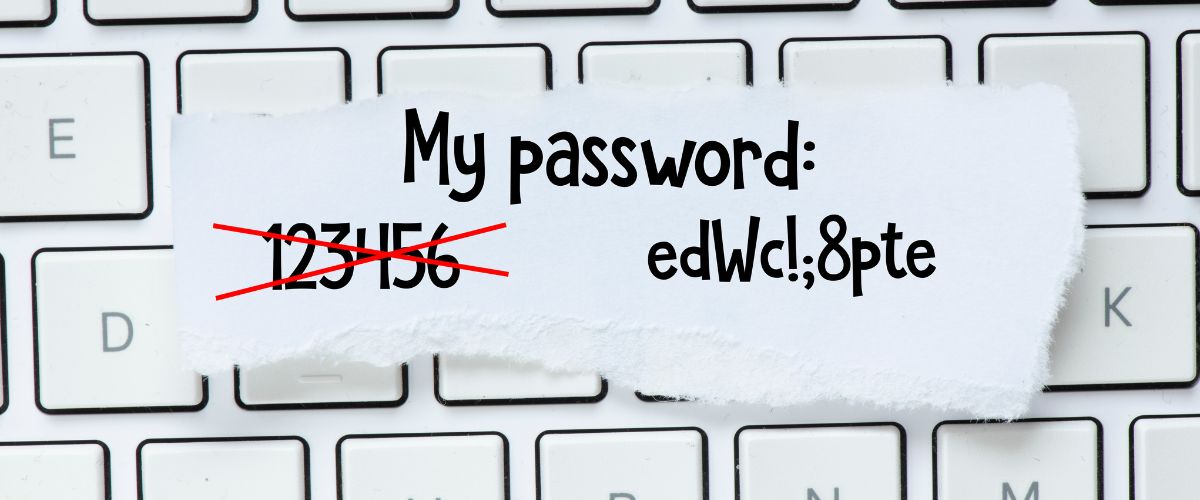
Electronic Storage Organizers
An electronic storage organizer is an offline handheld device for easily accessing credentials. It usually comes with an auto-lock feature that prevents user access for a set period of time after consecutive unsuccessful PIN attempts.
What’s great about an electronic storage device is that its vault is virtually impossible to access since the hardware stores all credentials away from the computer and the internet. Moreover, it comes with built-in flash memory that keeps everything safe during a battery change. In other words, your passwords remain safe even if the hardware suddenly shuts down.
USB Password Keepers
It can’t get any more convenient than a USB password manager that fits perfectly on a keychain. When plugged into a PC or Mac, passwords are pasted on the relevant field by simply pushing a button on the device. This means that there’s no chance of someone snatching a password via keylogging.
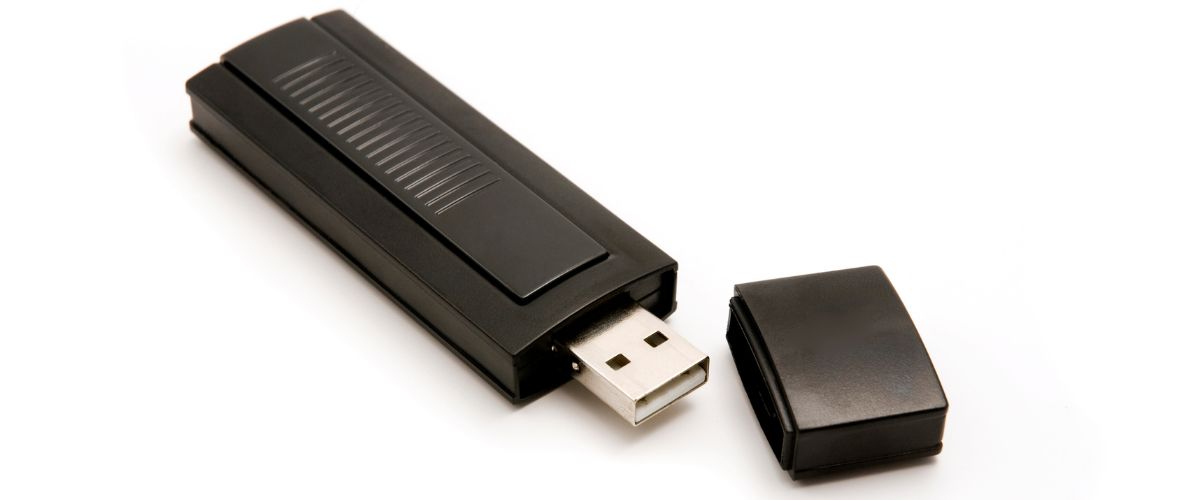
Even better, a USB password keeper also generates passwords natively, so there’s no need to come up with different passwords every time on your own. Many versions can create complex passwords, too.
Hardware Security Keys
Technically not a password keeper, a hardware security key integrates with offline and online password managers. It’s like a small, durable, and portable 2FA device for creating OTPs effortlessly.
To be precise, OTPs can be generated on the device effortlessly and transferred to any PC, Mac, or cell phone via USB or NFC link. Hardware security keys are inserted into a USB port and typically incorporate touch-based authentication for mobile devices, which makes SMS as a verification method redundant.
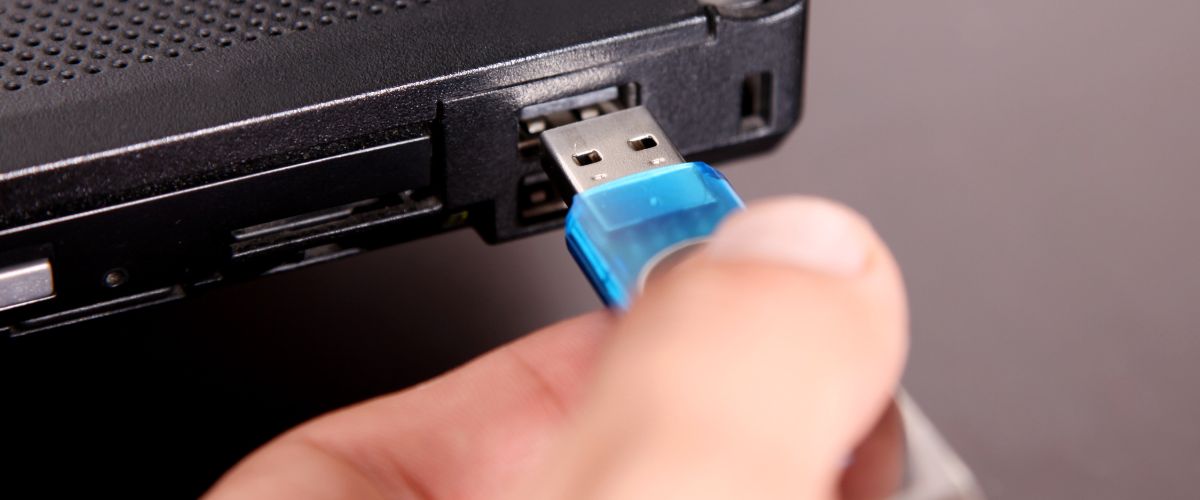
These devices are incredibly difficult to hack or clone, especially remotely. Without having the device physically, a cybercriminal has virtually no way in.
Are Offline Password Storage Devices Reliable?
There are a few downsides to using hardware password managers. Firstly, it can be time-consuming to find credentials through them because not all devices have a search function. There’s the problem of theft, too. Though password storage devices indeed auto-lock when the PIN is entered several times incorrectly, that doesn’t mean your data is completely free from unauthorized access.
Anyone with malicious intent can just perform an easy Google search to find out how to get all your information after resetting the device. Furthermore, since most hardware password managers don’t offer a backup feature, users would have to reset and create new passwords for all their accounts.

Password storage devices may be better than writing your passwords on paper, but they’re still not the safest way to protect your personal data. If you avoid using a password manager because you don’t trust company servers with your confidential data, there are a few solutions that store everything locally.
Nevertheless, considering that the best password managers, such as RoboForm, 1Password, and Dashlane, encrypt your data locally with at least military-grade AES-256 encryption, you can be sure that noone besides you can access your information. Of course, it’s best to choose a solution that doesn’t store the users’ master password on the company’s servers to ensure your information is safe at all times.
Best Password Managers of 2024
| Rank | Provider | Info | Visit |
1
|
Editor's Choice 2024
|
|
|
2
|
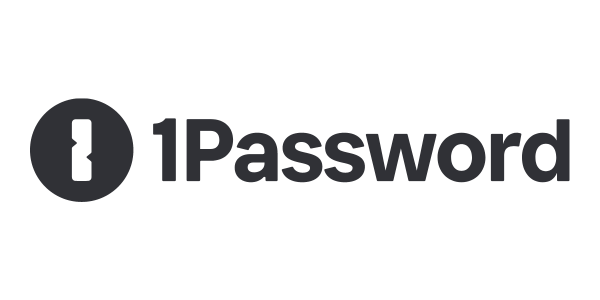 |
|
|
|
3
|
|
Get the Best Deals on Password Managers
Subscribe to our monthly newsletter to get the best deals, free trials and discounts on password managers.
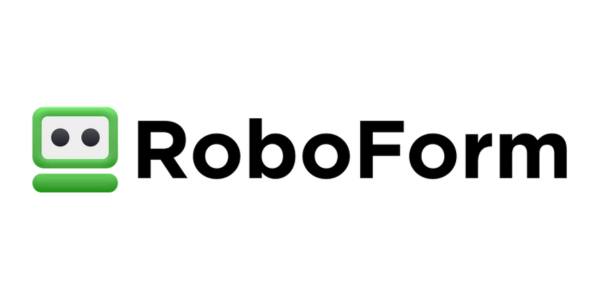
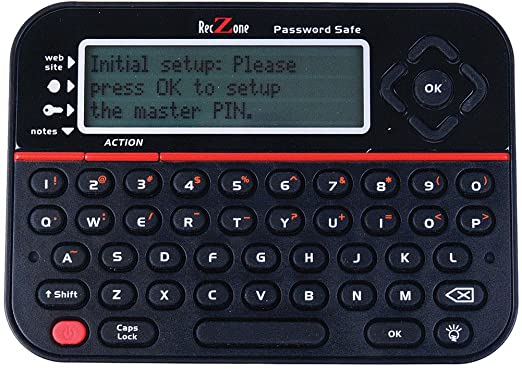
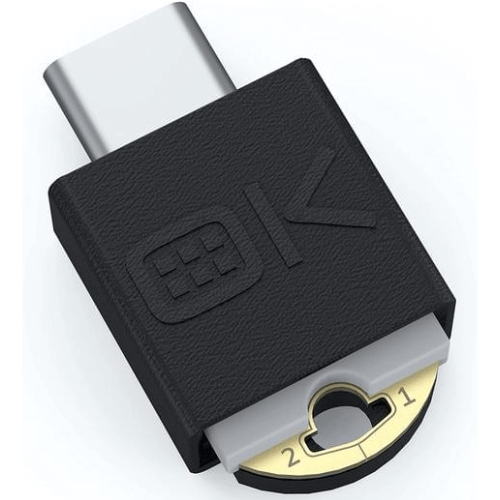
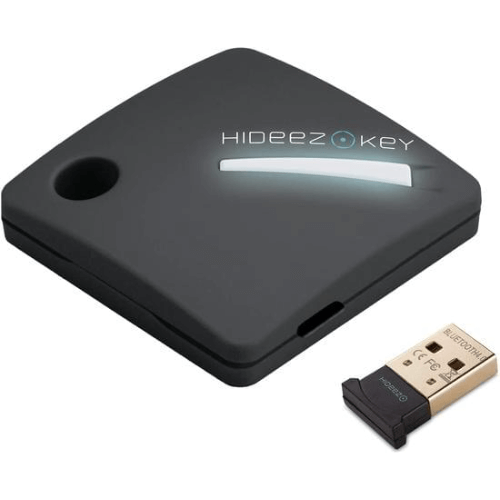
David Rees says
At age 87 I can’t remember combinations of which username for which system (e.g. safari vs. Google), which program, URL and password. I’d like an external password manager if possible.
Daniel (Best Reviews Team) says
Hello David Rees, and thank you much for contacting us. When using a password manager, you indeed don’t need to remember your passwords anymore since it stores all your credentials. Accessing the software itself requires remembering a master password. Fortunately, some password managers like 1Password also offer an emergency kit for this purpose that you can print and put away. As for which specific password manager to use, you can find several reviews throughout our website, so we recommend reading those first. You should start with our startpage and FAQ to find out what features you’re looking for and continue on with our best three recommendations. Have a nice day, and let us know if you need further advice.